George Orwell's seminal work, 1984, is a dystopian novel that constructs a chilling portrayal of a totalitarian regime characterized by extreme surveillance, propaganda, and the repression of individuality. Written in 1949, the book employs a stark and unembellished literary style that reflects the grim realities of a society stripped of freedom and truth. Orwell's innovative use of newspeak—a language designed to limit thought—encapsulates the novel's exploration of the manipulation of reality and the erasure of history, suggesting a cautionary tale that remains relevant in contemporary discourse about privacy, truth, and political power. Orwell, a journalist and critic of totalitarianism, drew upon his own experiences during World War II and his visceral response to the rise of fascism and Stalinism in his native Britain. His deep concern for social justice and individual rights, which permeated his writings, found fervent expression in 1984. The novel serves as both a reflection of Orwell's political disillusionment and a poignant commentary on the fragility of democratic ideals under oppressive regimes. I highly recommend 1984 to readers who seek to understand the enduring themes of surveillance, authoritarianism, and the complexities of human freedom. As a compelling narrative that echoes the anxieties of both its time and our own, Orwell's masterwork invites critical reflection on the nature of power and the importance of safeguarding our rights against encroaching tyranny.
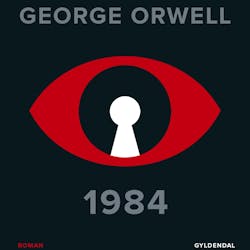
1984
George Orwell
audiobookbook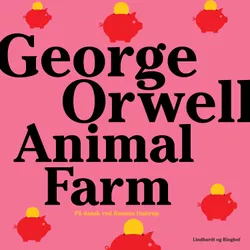
Animal Farm
George Orwell
audiobookbook
Dyregården
Tony Evans, George Orwell
audiobookbook
Animal Farm
George Orwell
book
1984
George Orwell
audiobookbook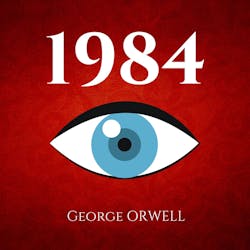
1984
George Orwell
audiobookbook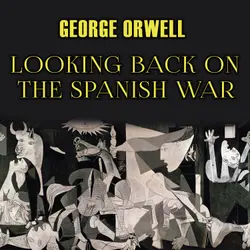
Looking Back On The Spanish War
George Orwell
audiobook
50 Timeless Masterpieces (Volume 1) : Essential Classics for a Rich Literary Journey
Homer, Sun Tzu, Plato, Dante, Shakespeare, Miguel de Cervantes, John Milton, Daniel Defoe, Johann Wolfgang von Goethe, Jane Austen, Nikolai Gogol, Emily Brontë, Mary Shelley, Alexandre Dumas, Fyodor Dostoevsky, Charles Dickens, Victor Hugo, Nathaniel Hawthorne, Gustave Flaubert, Leo Tolstoy, Henrik Ibsen, Herman Melville, Mark Twain, Robert Louis Stevenson, Arthur Conan Doyle, Raymond Chandler, H. G. Wells, Joseph Conrad, Rudyard Kipling, Louisa May Alcott, L. Frank Baum, L. M. Montgomery, T. S. Eliot, Franz Kafka, James Joyce, Virginia Woolf, C. S. Lewis, Ernest Hemingway, Walt Whitman, Jack Kerouac, John Steinbeck, William Faulkner, Kate Chopin, Zora Neale Hurston, Margaret Mitchell, Sylvia Plath, Thomas Mann, Albert Camus, George Orwell
book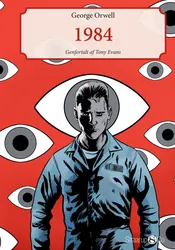
1984
George Orwell
audiobook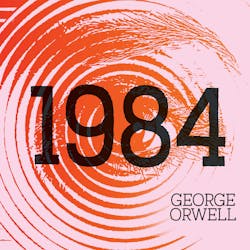
1984
George Orwell
audiobookbook
Paris og London på vrangen
George Orwell
audiobook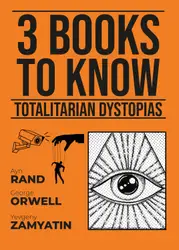
3 books to know Totalitarian Dystopias
George Orwell, Ayn Rand, Yevgeny Zamyatin, August Nemo
book
